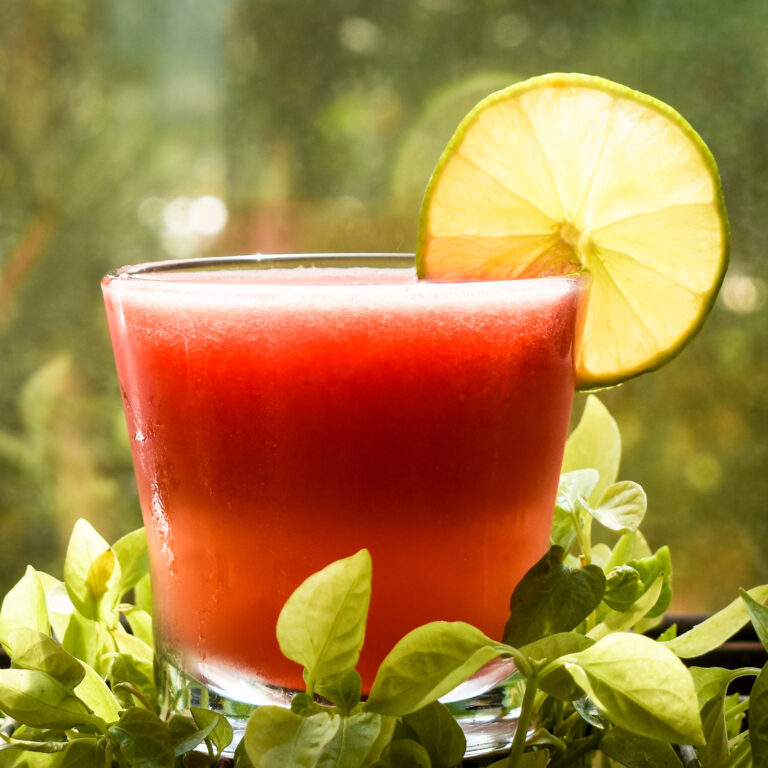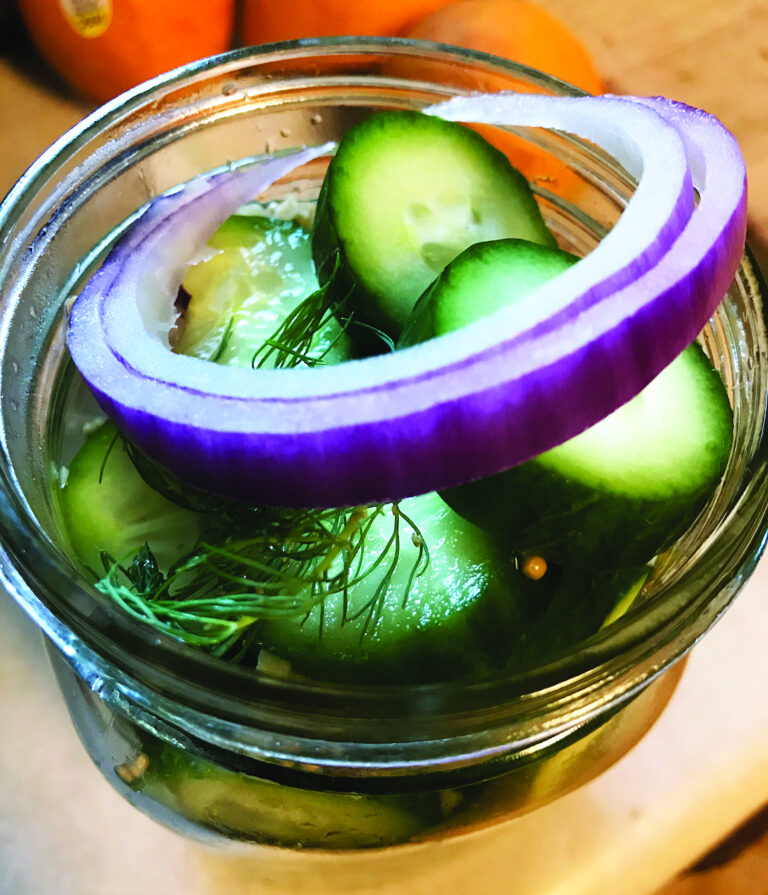Latest Article|September 3, 2020|Free
::Making Grown Men Cry Since 1992
3 min read
The Year of Empty Cupboards– The sinking economy and rising gas prices that raged throughout most of 2008 affected our pantries as much as our pocketbooks. Thirty-seven countries faced food crises, aided by shrinking food reserves and severe weather. Tainted Tables– Don’t eat it just because it’s on a shelf: If nothing else, 2008 taught this to grocery shoppers. Several foods were recalled from supermarkets and restaurants, but not before harming (and sometimes killing) consumers. Included in the list were baby formula with milk from China that contained melamine, killing four infants and sickening 6,200 others; raw tomatoes covered in salmonella that hit 145 people and caused at least 23 hospitalizations before they were pulled; and jalapeños, which gave 1,200 people salmonella poisoning. Mealin’ and Dealin’– Food giants were eaten by other food giants. Mars dished $23 billion for the 117-year-old Wrigley Company. Nelson Peltz (CEO of the company that owns Arby’s) grabbed Wendy’s for $2.3 billion. And while Starbucks wasn’t taken over, its sales dropped by 97 percent in its fourth quarter. It is noteworthy, however, that McDonald’s sales are up. Think Local, Eat Local– With food and gas prices soaring, the demand for local food also went on the rise this year. Grocery stores started offering more locally grown produce in an effort to compete with farmers’ markets. Wal-Mart boasted that it plans to take $400 million out of its wallet for local foods. You Are Where You Eat– New labeling laws went into effect stating that retailers must include county-of-origin labeling (COOL) on meat and produce. Seafood was previously the only food that required it. Locavores, rejoice! Tomatoes Attack! … Cancer, That Is– Some brilliant scientists in Britain discovered that combining tomatoes with certain snapdragon genes creates a dark purple, superpowered fruit. The result manifests such high levels of antioxidants that cancer-prone mice who were fed the super-fruit lived longer than those who went without. More Fit, Less Fat– Maybe the startling number of overweight Americans walking around–er, driving around–is finally having an effect on policy. Many Big Food companies such as Coca-Cola, ConAgra, General Mills and Kellogg are adopting guidelines from the "Smart Choices Program," which awards a special logo to packaged foods that meet certain nutritional guidelines. Not to be overshadowed, Taco Bell, KFC and Pizza Hut say they’ll put calories information on menu boards across the country. And consumers may want to pass on passing the salt: The FDA might strike salt from its list of Generally Recognized as Safe foods. RIP, Butch– Paul Newman–actor, philanthropist and sauce man extraordinaire–passed away in September, leaving his altruistic Newman’s Own food brand behind. The company gives all its profits to charity, having donated $250 million since it was born in 1982. City of No Trans Fat– New York City set an example in 2008 when it banned trans fat from its eateries. A judge also mandated that all NYC restaurants with at least 15 outlets across the country post calorie counts on their menu boards, which will bring changes to about 2,000 restaurants. The Sky Is Only Partially Falling– California may have voted against civil rights this year when it banned gay marriage, but it spoke up for the rights of chickens. Proposition 2, passed in November, outlawed small enclosures for the fowl, requiring enough space to allow animals to move around and extend their wings. It’s not much, but it’s a start.








